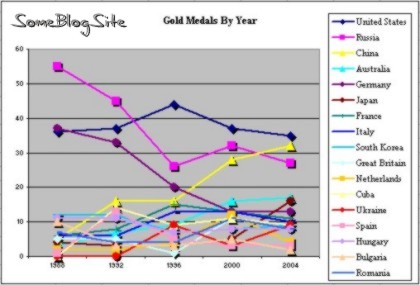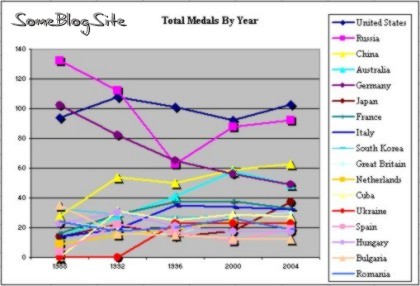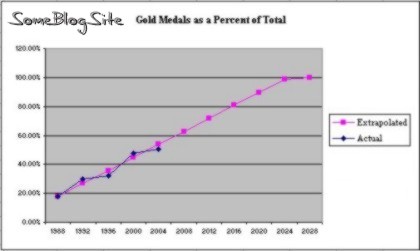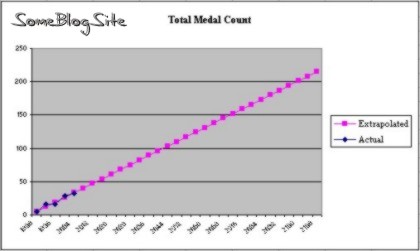Corn Worms
Sep
3
2008
Summer is the time for fresh fruits and vegetables, and one of the items in late August and early September is corn. We were given several ears of corn by a farming family. The children and I were in charge of getting the corn ready for cooking, and then my wife would handle the actual cooking part.
So I showed the kids the art of proper shucking. I showed them the tassel and how to remove all the silks from the ear of corn. Okay, you can never remove all the silks, but close enough. They left that part to me anyway. I also showed them how to shuck the corn – pull each one off and you’ll eventually get down to the kernels.

I saw that my demonstration piece had a hole that went through several shucks. So I put a couple of them back (I hadn’t removed them so they were still attached at the base of the ear) and then showed the kids how the hole went through each layer. I told them a bug must have eaten through it. Then we got to the kernels and I showed them that the hole went right through the kernel. At that point, the older child informed me that a worm was on the end of the ear of corn. My response was that was the one that had been eating our corn. So we threw him away (him being the bug, or the corn, as we did dispose of both).
The next day, I got home from work a little late, and the family was already eating dinner. My son then informed me that there was a caterpillar on the window. It was actually on the window frame, and it was not a caterpillar but another corn worm. I assumed it was another worm that had escaped from the bag of corn, but my wife was not happy with the thought that there could be more corn worms roaming the house. I threw that one away and we have not seen any since.

But God appointed a worm when dawn came the next day and it attacked the plant and it withered.
Jonah 4:7

 This is Alpha, the first-born, when he was 2YO.
This is Alpha, the first-born, when he was 2YO. This is Beta, the second-born, when he was about 2YO.
This is Beta, the second-born, when he was about 2YO. This is Gamma, the third-born, when he was about 18MO.
This is Gamma, the third-born, when he was about 18MO.






